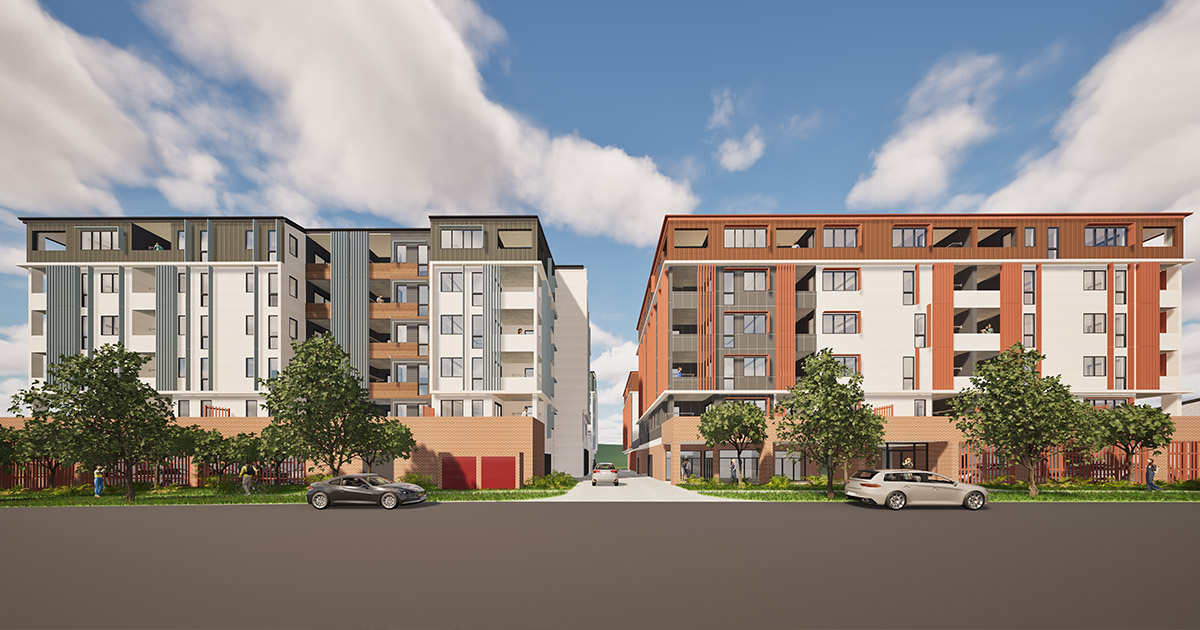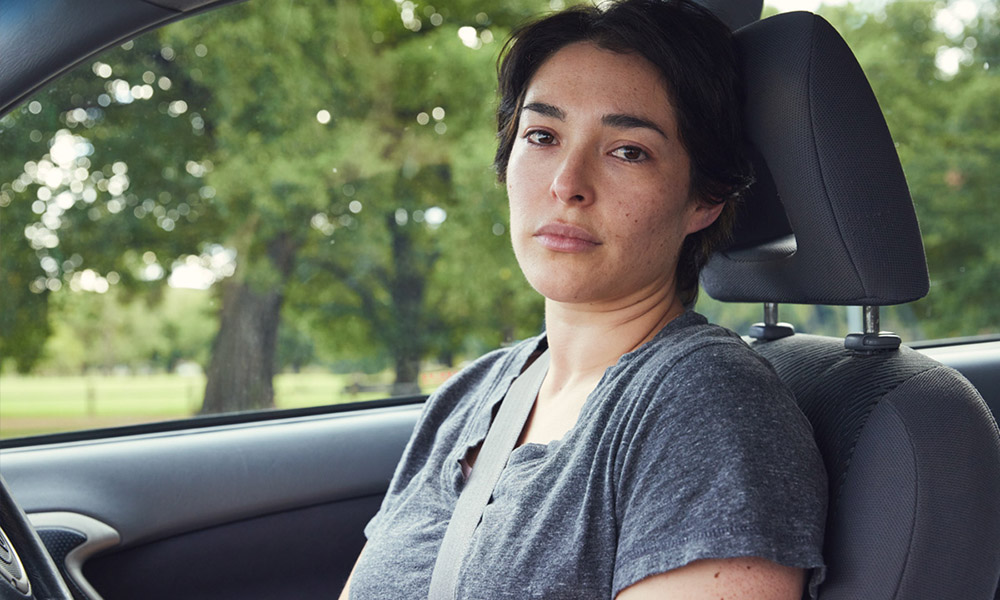Mission Australia response to Federal Budget 2018-19
- Details
- Nothing in the budget at all to address rising homelessness or the critical shortage of affordable housing
- Welcome investment in new high level homecare packages for elderly and funding for mental health supports
- Welcome additional places in transition to work program but disappointed no additional supports for the most disadvantaged young people seeking employment
- Inadequacy of Newstart and Youth Allowance left off the table once again.
Mission Australia CEO James Toomey said that despite recent Census figures the Commonwealth Government has clearly ignored people experiencing homelessness in Australia.
The Government has missed another opportunity in the Budget to address rising homelessness and provide a national plan to meet the critical shortage of affordable housing for those on the lowest incomes.
“The absence of a plan is short-sighted and will only lead to greater social and economic dislocation down the track,” he said.
We wanted to see more from the budget that would energise investment into affordable rental housing. We saw plenty of support for infrastructure projects in the budget, so why isn’t housing seen as critical national infrastructure? It provides the foundation from which Australians can access education, work, healthcare and connect with their communities. It is vital to our society and we know the current housing system is broken.
Last budget we had some movement towards delivering more much needed affordable housing, but although the Treasurer knows that national leadership and long-term investment is needed to solve the housing crisis, he failed to follow through with anything in this year’s budget.
I am very disappointed by this year’s virtual silence on both homelessness and affordable housing.
He added: “The census data only recently confirmed that homelessness figures had gone up by 14% - that’s 116,000 men, women and children who are living in an unsuitable and unsafe situation. Yet, there is not a single measure in the budget that would even begin to put a dent in those figures.
At the most basic level, Australia simply needs more social and affordable rental homes and that requires national leadership. We also need a long-term plan to end homelessness.
“Furthermore, we know the old adage ‘prevention is better than cure’ clearly applies to homelessness. The Government should be providing much needed early intervention services before people become homeless, but the long term vision is lacking.”
Ageing and Homelessness
“We welcome the investment in new high level homecare packages and residential aged care places, but remain concerned about older people in rental stress who are at high risk of homelessness.
More social and affordable housing would allow these older people to have choices too and also assist the increasing number of older people who are without a home.
According to the latest Rental Affordability Snapshot only 1% of rentals are affordable for a single person receiving the aged pension (Anglicare 2018). The number of homeless persons aged 55 years and above has increased by 28%, from 14,581 in 2011 to 18,625 in 2016.
Community mental health supports
“We welcome the announcement of funding for mental health supports for people currently receiving supports under programs that are transitioning to the NDIS, who will not be eligible for an NDIS package. This includes participants in effective community based programs such as Personal Helpers and Mentors (PHaMs) and Partners in Recovery (PiR). This investment is welcome and we now await the detail around the program to ensure that it is delivered in a way that best meets people’s mental health needs.
We know there are growing needs around mental health in our communities and a severe shortage of community based services, particularly for young people and in regional areas. People struggling with mental illness need the best shot at recovery, regardless of age and location and the Government should be growing the services that help them stay well and contribute to their families and communities.
Young People
“We welcome the additional places in the transition to work program, but are disappointed that there were no additional supports for the most disadvantaged young people seeking employment in what we all know is a tough market.
“Across Australia around three in ten 15-19 year-olds are not fully engaged in work, school or training. Despite the comparative strength of the Australian economy, we still have rates of youth unemployment above 12% for 15-24 year-olds, and over 18% for 15-19 year olds. That is double and triple the general rate of unemployment.
The young job seekers who need the most support are often the ones missing out on programs. They have tremendous potential and with the right supports to overcome challenges, they can join the workforce and make a productive contribution.
Adequacy of Payments
“When we talk about homelessness and affordable housing we also need to think about the incomes that people live on, from which they need to pay the rent, buy food and pay the bills.
The current rates of Newstart and Youth Allowance do not come close to covering the cost of basic essentials. The Government must urgently raise these payments to allow people to afford a roof over their head and to put food on the table. Commonwealth Rent Assistance also needs to be immediately increased to address the rental stress driving people into homelessness. The government has once again made the choice in this budget not to address these gross inadequacies in income support payments, leaving people to survive on as little as $278 per week.
“We are disappointed that this issue has been completely ignored in a budget that has both spending measures and tax cuts. It is not a matter of frugality, but of calculated neglect.”
According to the latest Rental Affordability Snapshot only 3 rentals in all of Australia were affordable for a single person on Newstart and only 2 rentals nationally were affordable for a single person in a property or share house on Youth Allowance (Anglicare 2018).
Related media releases
Read about what we’ve been working on, our stance on important social issues and how you make a difference to vulnerable Australians' lives.

Mission Australia says more housing & homelessness investment needed in NSW Budget

Ground-breaking ceremony launches Toowoomba housing project

